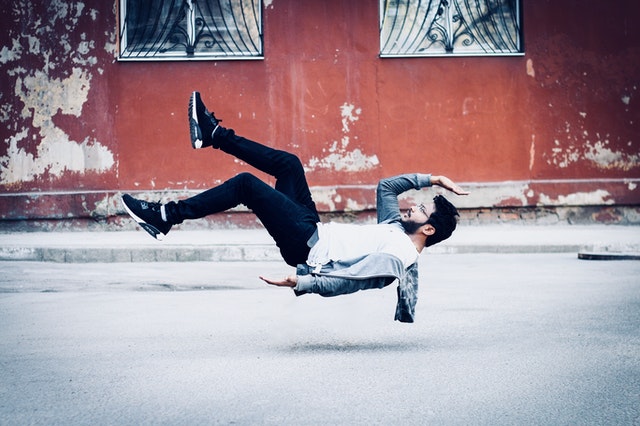Unsafe circumstances or hazards causing a slip and fall accident are sometimes the results of property owner negligence. You can be held liable for accidents that happen within your owned or rented property, such as stairs, walkways, and driveways.
In Ontario, slip and fall accidents can happen in any season. In the winter, the most common cause is icy or snowy walkways and sidewalks. In the summer, falls can result from various unsafe conditions, particularly from wet surfaces or spills, debris, and uneven walking surfaces.
Occupiers’ Liability Amendment Act in Ontario
The Ontario provincial legislature passed the Occupiers’ Liability Amendment Act or Bill 188 on December 3, 2020. It took effect in January 2021 after receiving royal assent from Ontario’s Lieutenant Governor.
The new law requires slip and fall claimants to provide written notice to a property owner, property manager, snow removal contractor, or tenant within 60 days of the incident. The previous period was two years.
The written notice must also include the location, date, and time of the incident. For a slip and fall on municipal property, you must provide the city with written notice of the fall, the time, the date, and the location within ten days of the incident by service on the City Clerk or by registered mail. Neither timeline applies if the fall results in death.
Occupiers’ Liability Act
Anyone who has control over a property and its use, including owners, tenants, or manager of activities on the property, is considered an ‘occupier’ of the property.
The owner/occupier can be found negligent if they are found not taking due care for people’s safety. They can be held responsible if someone is injured as a result of these unsafe conditions.
If there are temporary unsafe circumstances on a property, such as areas under repair, these must be clearly identified so that visitors are properly warned of the hazard.
Injuries in a Slip and Fall Accident
When anyone slips on a surface that does not provide enough traction, they typically fall backward. The impact of this type of fall is usually the buttocks, back, and sometimes the head. In contrast, they almost fall forward when one trips and try to break the fall with their hands.
The following are injuries that may result from falling due to slips or falls:
- Fractured tailbone
- Fractures or sprains to the hand or wrist
- Kneecap fractures
- Sprains and/or fractures to the foot or ankle
- Concussion and head trauma
- Facial injuries
The kind and severity of injuries that a person may sustain when they fall differ with the circumstances surrounding the event (such as the hardness of the surface) and personal characteristics (such as their health). Seniors are more likely to sustain broken bones in a fall than a younger person, as well as injuries to the face if they are unable to put their hands out in a time when they trip.
The new Ontario law requires people to notify the occupier of icy steps, walkways, and laneways quicker after a slip and fall accident. Make sure to call a personal injury lawyer from Diamond and Diamond Law to learn about your rights in a slip and fall accident.
Hire A Personal Injury Lawyer to Help You
A slip and fall accident is a serious case. It is crucial to seek advice from a personal injury lawyer as soon as possible. The success of your case depends on the precise identification of the circumstances that caused your fall.
A lawyer has a in-depth understanding and knowledge of the laws of limitation periods and can help you navigate the legal process to ensure that time limitations do not act as a barrier to your access to compensation.
You deserve peace of mind and focus on your total recovery when you let a personal injury lawyer work on your case.
“When you slipped, seek medical attention immediately. A minor slip may cause severe damage when left unattended. ” 
PRO TIP














